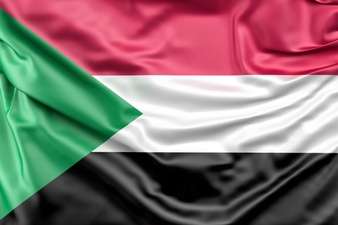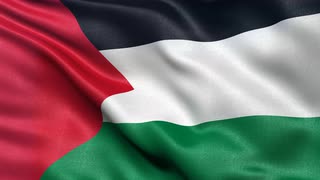Iran .. The worst nightmare is coming
2018-10-31
Tehran seems to fear its worst-case scenario will come as the second round of US sanctions on November 4 approaches the oil and energy sector in Iran.
According to the economic site "Oilpress", Iran's bet on high oil prices to save them from a difficult predicament, is unlikely with reports that a drop in oil prices due to oversupply.
After Tehran hoped sanctions could raise the price of oil to more than $ 100 by the end of the year, prices began to fall, falling for the third week in a row as world stock markets plummeted and demand for crude oil weakened in the future. .
Brent crude fell 2.7 percent last week, while WTI ended the week with a 2.2 percent drop, thereby recording a 12 percent drop from its October 3 high. Moreover, hedge funds and fund managers reduced their bet that Crude oil prices will rise.
Economic analysts expect oil demand to grow at a slower pace in 2019, while Barclays International sees the oil market heading for higher supply in the first quarter of next year.
The dreadful nightmare
Thus, a general decline in global economic growth and a slowdown in demand for oil growth are causing great alarm to the mullahs' regime in Tehran, fearing that the 2015 and 2016 events will recur when the Organization of Petroleum Exporting Countries was forced to negotiate with Russia to reduce oil production and return oil stocks to the Organization. Economic Cooperation and Development (OECD) to an average of 5 years with support prices that fell to less than $ 30 at the beginning of 2016.
With China and India, Iran's biggest oil importers, bound by US sanctions, Tehran will have to act swiftly to face tough hurdles not only to compensate for the shortfall in oil revenues that have revived the country's treasury but also to be ready for a major local currency collapse, Inflation, rampant unemployment and other worsening economic problems.
Several major Iranian cities, including the capital, Tehran, saw large protests in June after the riyal depreciated, while crowds at one time closed the Tehran bazaar, a vast market in southern Tehran.
On Saturday, the Iranian parliament approved an economic cabinet reshuffle, according to a Reuters report, while urging parliament to vote for the new amendment: "America, our main enemy, is facing the weapon of sanctions, so we should be united."
"Part of our economic problems are related to the (high) rate of foreign currency exchange, but our foreign exchange reserves are better than any of the past five years," he said.
But Iranian analyst Ali Shakouri Rad told Reuters: "Rowhani was forced to announce the reshuffle, after popular pressure led to the resignation of two ministers."
Political analyst Hamid Farhouchi said Rohani faced a dilemma: "He can not improve the economy even if new figures appoint the government because of sanctions, corruption and mismanagement of the country."
It should be noted that the International Monetary Fund had predicted that the Iranian economy would contract by 1.5 percent this year and by 3.6 percent in 2019.

 Syria
Syria Lebanon
Lebanon Egypt
Egypt Jordan
Jordan Iraq
Iraq Sudan
Sudan Palestine
Palestine